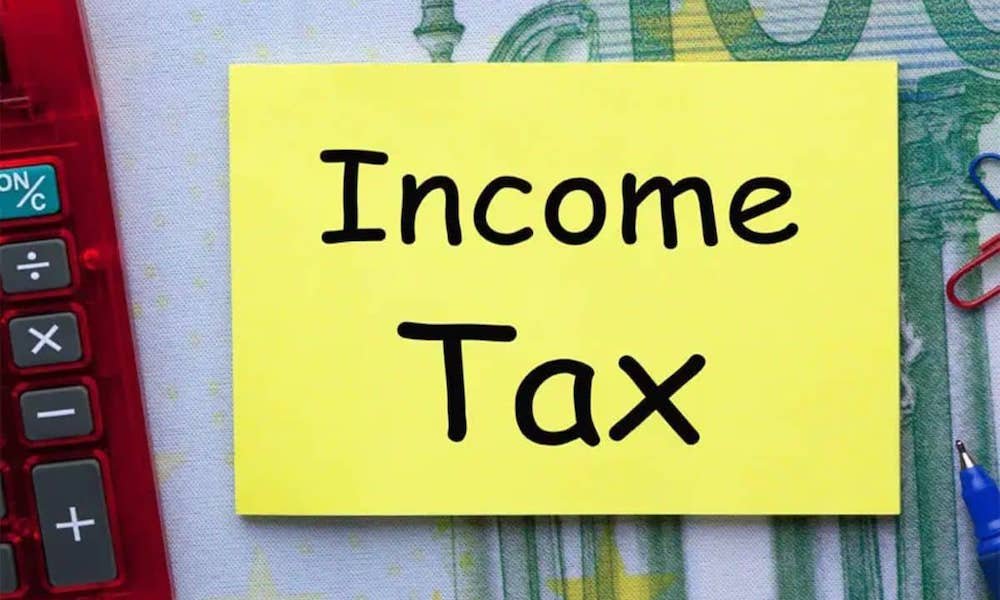Last date for filing annual GST return extended to Feb 28
BK News
Srinagar, Dec 30: Central government on Wednesday extended the deadline for filing the income tax return (ITR) for individuals to January 1o, 2021.
Similarly, the deadline for businesses or for those whose accounts need to be audited has been extended to February 15, according to a Union Finance Ministry statement.
The centre has also extended the due date for furnishing annual GST return for the financial year 2019-20 from December 31 to February 28.
A notification will be issued separately in this regard, the statement said.
Centre has extended the deadline for filing ITR return for the third time during current assessment year, first from July 31 to November 30, then to December 31, which has been now extended to January 10.
The centre said in view of the challenges faced by taxpayers in meeting the statutory and regulatory compliances due to the outbreak of COVID-19, it has brought the Taxation and Other Laws (Relaxation of Certain Provisions) Ordinance, 2020 (‘the Ordinance’) on March 31, 2020 which, inter alia, extended various time limits.
Timeline
The due date for furnishing of Income Tax Returns for the Assessment Year 2020-21 for the taxpayers (including their partners) who are required to get their accounts audited and companies [for whom the due date, as per the provisions of section 139(1) of the Income-tax Act,1961, was October 31, 2020 and which was extended to November 31, 2020 and then to January 31, 2021] has been further extended to February 15, 2021.
The due date for furnishing of Income Tax Returns for the Assessment Year 2020-21 for the taxpayers who are required to furnish a report in respect of international/specified domestic transactions [for whom the due date, as per the provisions of section 139(1) of the Income-tax Act,1961, was November 30, 2020 and which was extended to January 31, 2021] has been further extended to February 15, 2021.
The due date for furnishing of Income Tax Returns for the Assessment Year 2020-21 for the other taxpayers [for whom the due date, as per the provisions of section 139(1) of the Income-tax Act, 1961, was July 31, 2020 and which was extended to 30th November 2020 and then to December 31, 2020] has been further extended to January 10, 2021.
The date for furnishing of various audit reports under the Act including tax audit report and report in respect of international/specified domestic transaction for the Assessment Year 2020-21 has been further extended to January 15, 2021.
The last date for making a declaration under Vivad Se Vishwas Scheme has been extended to January 31, 2021 from December 31, 2020.
The date for the passing of orders under Vivad Se Vishwas Scheme, which are required to be passed by January 31, 2021 has been extended to January 31, 2021.
The date for the passing of order or issuance of notice by the authorities under the Direct Taxes &Benami Acts which are required to be passed/ issued/ made by March 31, 2021 has also been extended to March 31, 2021.



 Industry5 years ago
Industry5 years ago


 Economy3 years ago
Economy3 years ago


 Energy5 years ago
Energy5 years ago


 Infra5 years ago
Infra5 years ago


 AgriBiz5 years ago
AgriBiz5 years ago


 Review5 years ago
Review5 years ago


 Jobs5 years ago
Jobs5 years ago


 Industry5 years ago
Industry5 years ago




















